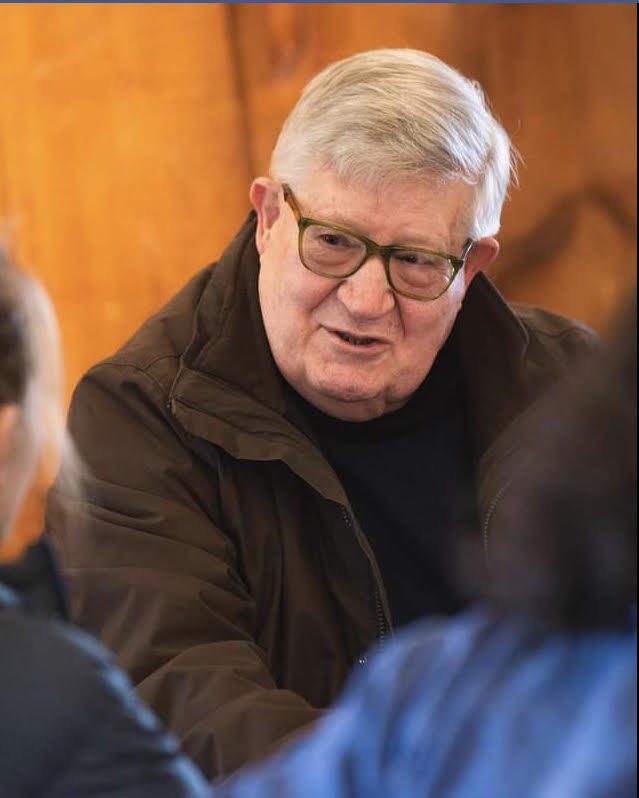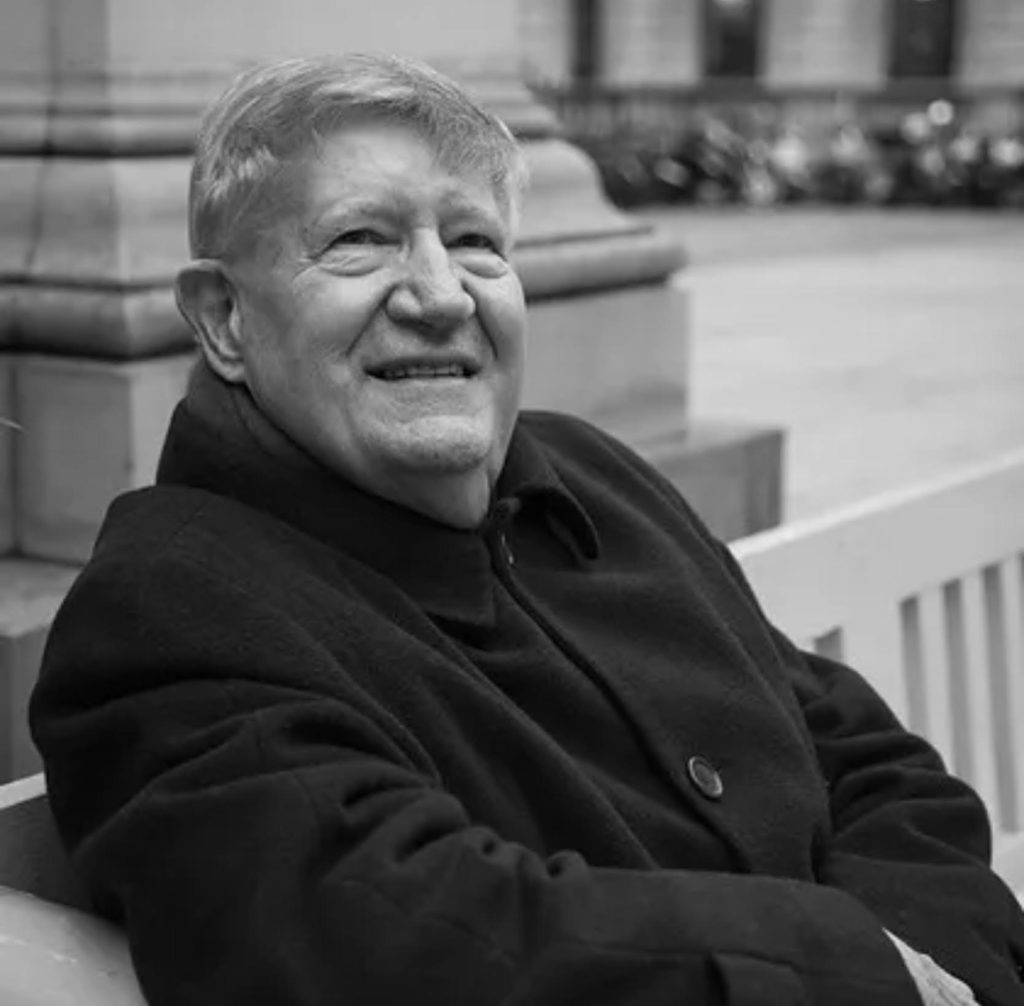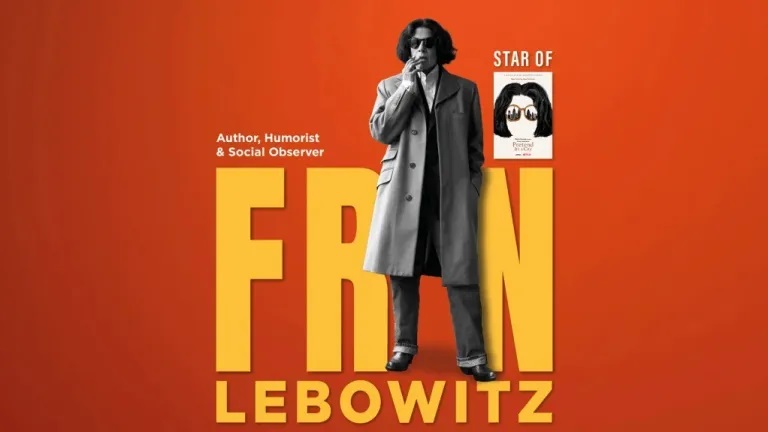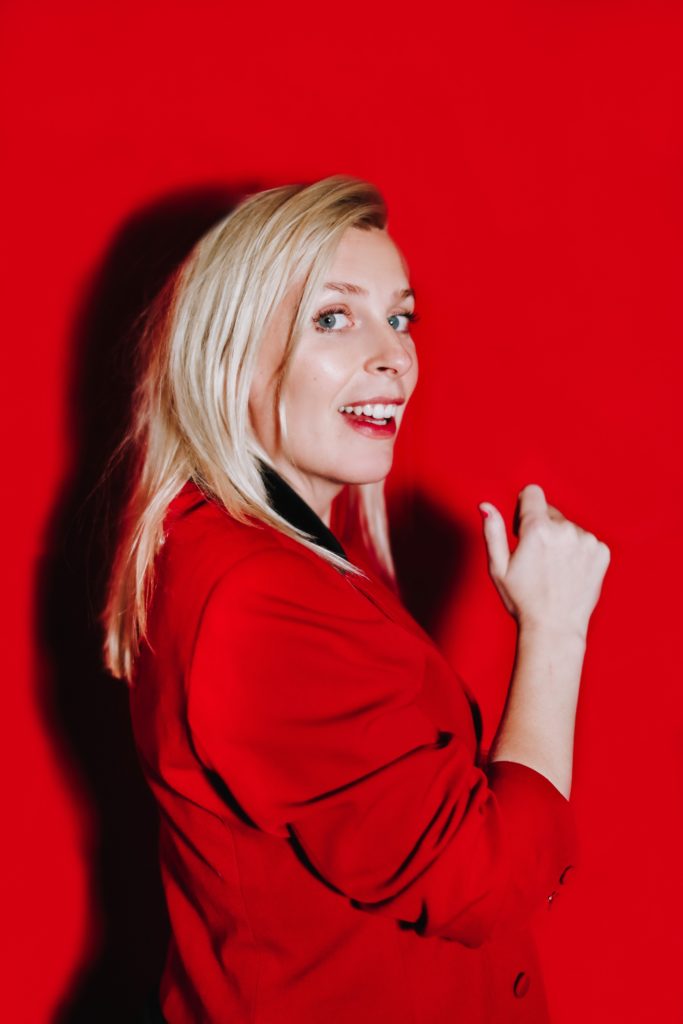
HOW does comedian, actor, playwright, author, TV presenter and new mum Sara Pascoe quantify success?
She seeks to provide the answer in her biggest tour yet, Success Story, whose 50 dates in two blocks from November 10 to December 3 2022 and January 26 to April 22 next year take in four Yorkshire gigs: York Barbican on November 24 (7.30pm); Sheffield Octagon, the next night; Hull City Hall, March 17, and Harrogate Royal Hall, April 21.
She is delighted to be returning to the road for the first time since her LadsLadsLads tour of 2018-2019, the one where she contemplated the positive aspects of self-imposed celibacy, exploring love, sex and doing both alone.
This time, expect “name-dropping, personal stories and anecdotes,” says Sara, who will deliver jokes about status, celebrities, plus her new fancy lifestyle versus infertility, her multiple therapists and career failures.
“What I want to explore is how do we define success and when do we define it. Does it change with age? Do we only want things we can’t have? When we attain our goals, do we move the goal posts and become unsatisfied with what we’ve got and want something else instead?
“I’m 41 now and it’s a reflective time; it feels like a very adult age. Looking back on my life to when I was 14, I really wanted to be on television. That’s where I work now but is it what I imagined it to be?”
The trigger for Success Story were her experiences when undergoing IVF after a miscarriage. “When I was going through that with my partner [Australian comedian Steen Raskopoulos], they kept talking about it in terms of success,” says Sara, who became a mum on Valentine’s Day this year at the age of 40.
“I started thinking about success, what I wanted as a child, and then thinking about what makes you happy, or if you’ve set out on a certain path that makes you unhappy, should you do something else?”
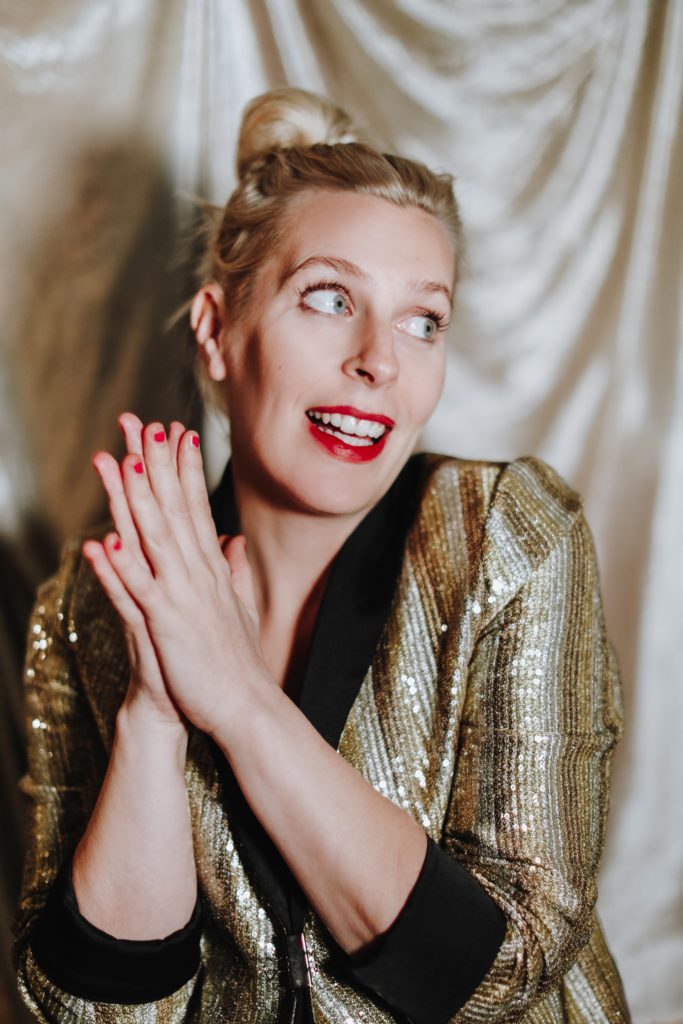
Deciding she wanted to be famous at 14, Dagenham-born Sara would go on to audition for Barrymore, scare Dead Or Alive’s Pete Burns and ruin Hugh Grant’s birthday, but she would also notch a decade in stand-up comedy and pen the feminist Animal: The Autobiography Of A Female Body in 2016 and her exploration of sex through the medium of evolutionary psychology, sex work, and the role of money in modern heterosexual relationships in Sex Power Money in 2019, spawning an accompanying podcast.
Her “big, bold and funny” stage adaptation of Jane Austen’s Pride And Prejudice played York Theatre Royal in October 2017 and she wrote and starred in the October 2020 sitcom Out Of Her Mind on BBC Two. She has presented television shows too, hosting Comedians Giving Lectures on Dave, Guessable on Comedy Central, BBC Two’s Last Woman On Earth and this year’s BBC One series of The Great British Sewing Bee.
“What quite often happens with stand-up comedy, it doesn’t take up a lot of your time, when it’s your main job. You have a lot of time on your hands, when that main job only takes up an evening five times a week.
“You can do other things, like writing a book, where they aren’t looking for gags, whereas you can’t go half an hour without a joke in a stand-up show,” says Sara.
Hence her diversification. “It’s more about thinking, ‘oh, that would be good to have a go at that’, rather than worrying about being found out at one thing,” she reasons.
How do you judge success in comedy? “I’ve noted that some people, once they get to the top, they then plateau, and that can be hard, as not everyone can be a stadium comic,” says Sara.
She enjoys the expectation of having to come up with fresh material for every new tour, whereas the success of a band’s gig is often judged on which hits they played, which they chose to leave out.
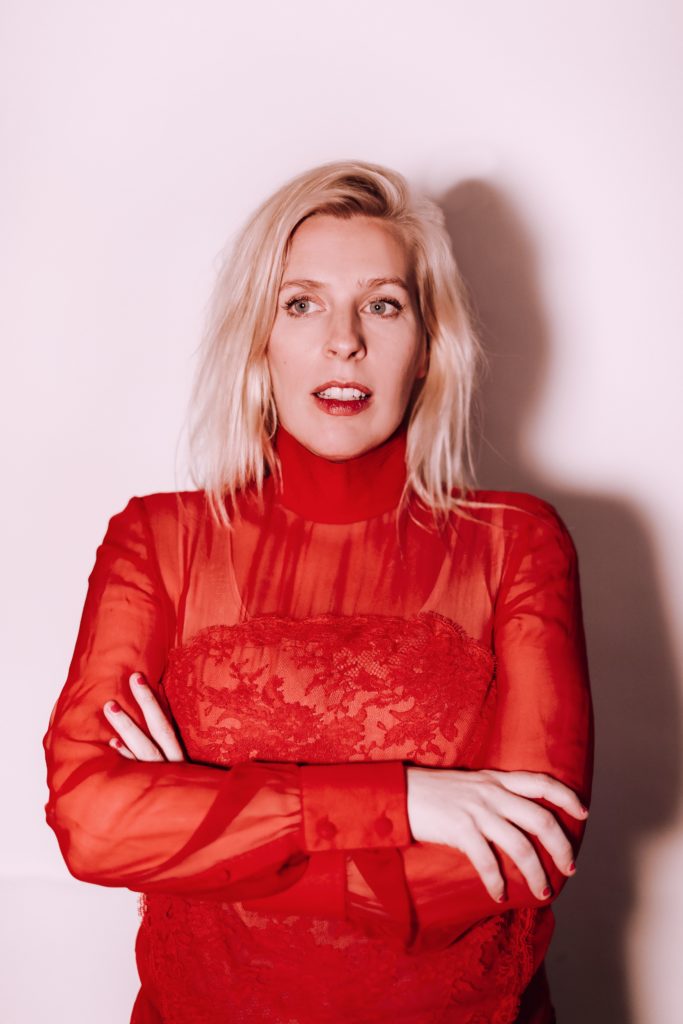
“That’s the added benefit of doing comedy. I was thinking how boring it must be to always have to play songs from 20 years ago when the bands probably hate them by now, whereas comedians have to move on, just as people do when they can’t keep talking about a divorce or an old girlfriend,” says Sara, who switched from the repetition of performing theatre to the freshly squeezed juice of comedy.
“You’re quite often in a different place by the end of a tour and your set reflects that. It’s horrible when a gig becomes dead behind the eyes.
“I remember being told very early in my career how Bill Bailey always had five minutes of new material each night, working it into shape for the next tour, and it’s true that if you try out new bits after the interval, you’re never dead behind the eyes.”
Sara continues: “The rule should be, if the audience stops laughing, you have to try something different. That’s the beauty of comedy: it’s not pressure, it’s liberating. If you have three nights in a row where people aren’t connecting, throw that material in the bin. Actors can’t do that!
“At the end of a show, you don’t want a crowd going ‘yeah, that was fine’. You want them to say, ‘oh god, do you remember that bit?’. You want an audience to be engaged in what you’re saying.”
At the time of this phone interview, Sara was busy writing a book and filming the latest series of The Great British Sewing Bee. She could reveal that those shows would be broadcast on BBC One next spring; she could say rather less, however, about her next venture into print.
“We’ve not done a proper release yet,” she says. “Put something vague… ‘I’m moving into fiction’. It’s a chance to make some things up for a change.” Watch this space.
Tickets for Sara Pascoe’s Success Story tour are on sale at sarapascoe.co.uk/sara-on-tour; for York Barbican at yorkbarbican.co.uk; Harrogate, 01423 502116 or harrogatetheatre.co.uk.

